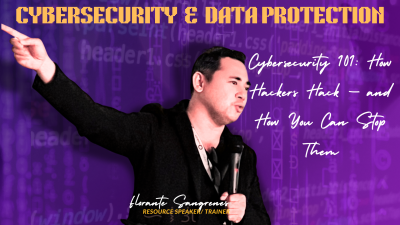Compare with 1 courses

Ethical Hacking & Penetration Testing
Learn ethical hacking and penetration testing to strengthen your organization's cybersecurity defenses. Master authorized security testing techniques using industry-standard tools in controlled environments with our hands-on SET methodology.

 1
1 